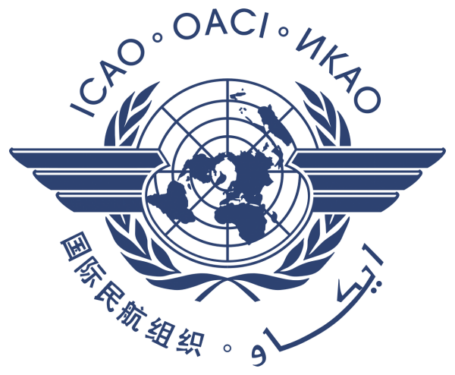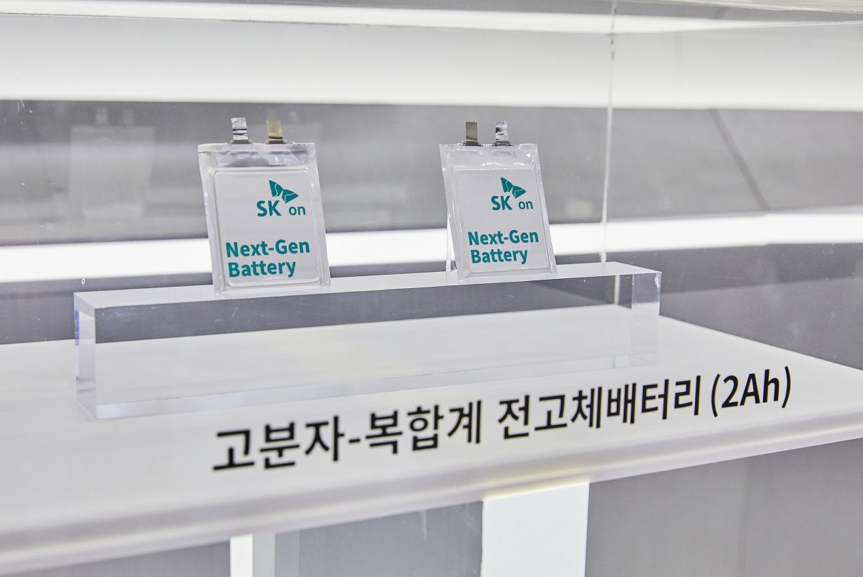Shipment of lithium-ion batteries on passenger planes has been banned by the 36-State International Civil Aviation Organisation (ICAO) Governing Council.
The ban starts on April 1, 2016 after recommendations by the ICAO’s air navigation commission (ANC) were adopted by the council last week.
The new aviation safety measure bans all shipments of lithium-ion batteries as cargo on passenger aircraft until safer packaging is devised— which could be as late as 2018.
The ban does not affect lithium-ion batteries contained in personal electronic devices carried by passengers or crew.
“Safety is always our most fundamental priority in international civil aviation,” said Dr. Olumuyiwa Benard Aliu, ICAO Council president.
“This interim prohibition will continue to be in force as separate work continues through ICAO on a new lithium battery packaging performance standard, currently expected by 2018.”
The ban follows reviews undertaken by the ICAO Air Navigation Commission, and the UN agency’s Dangerous Goods, Flight Operations, and Airworthiness panels.
A statement by ICAO stated that the ban had been ‘eagerly awaited’ by aircraft manufacturer and pilots associations.
Last year a number of airlines led the way in banning lithium-ion batteries as cargo.
BBB’s editor Gerry Woolf wrote about a probable ban back in November 2015. Read his full blog here
When the ban was first recommended in January, the Rechargeable Battery Association (PRBA) expressed disappointment.
In a statement released in January the PRBA said: “Unfortunately, the ANC completely failed to address the most important safety issue associated with lithium batteries in transport: the lack of compliance and enforcement of the existing lithium battery dangerous goods regulations.
“ANC’s decision also ignored ICAO’s ongoing efforts to address the safe transport of lithium-ion batteries through more stringent packaging, state-of-charge limits, labelling requirements as well as the development of a groundbreaking lithium battery performance-based standard.”












